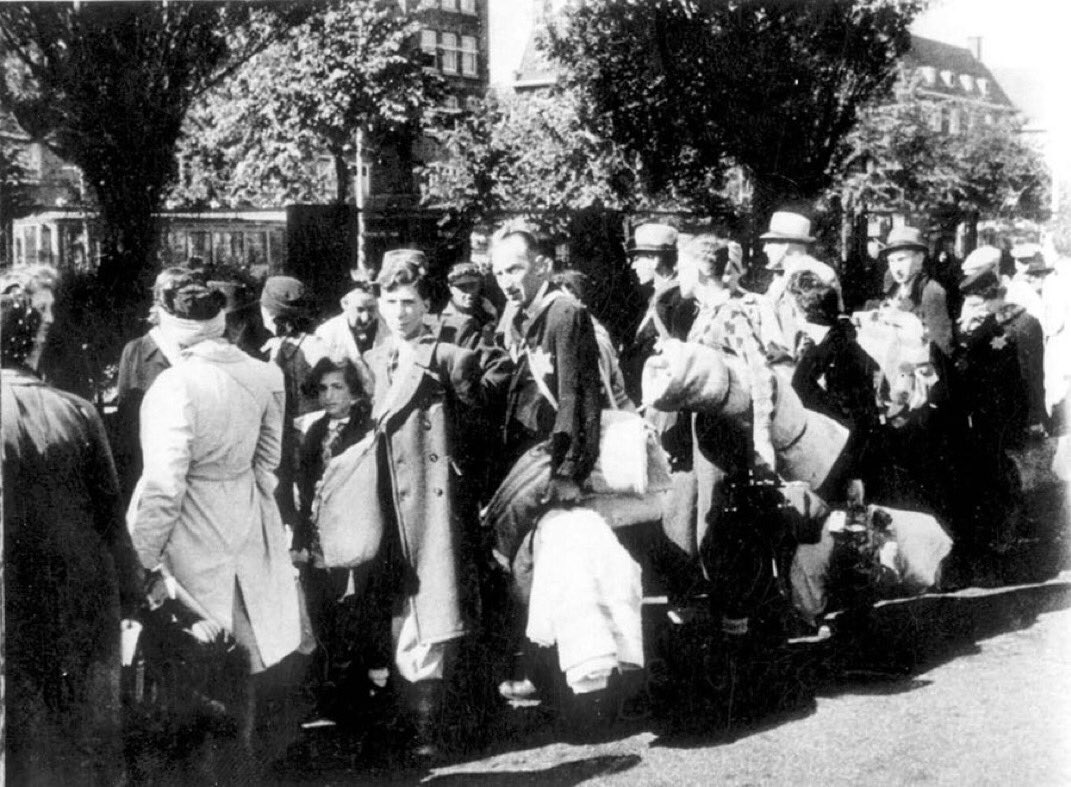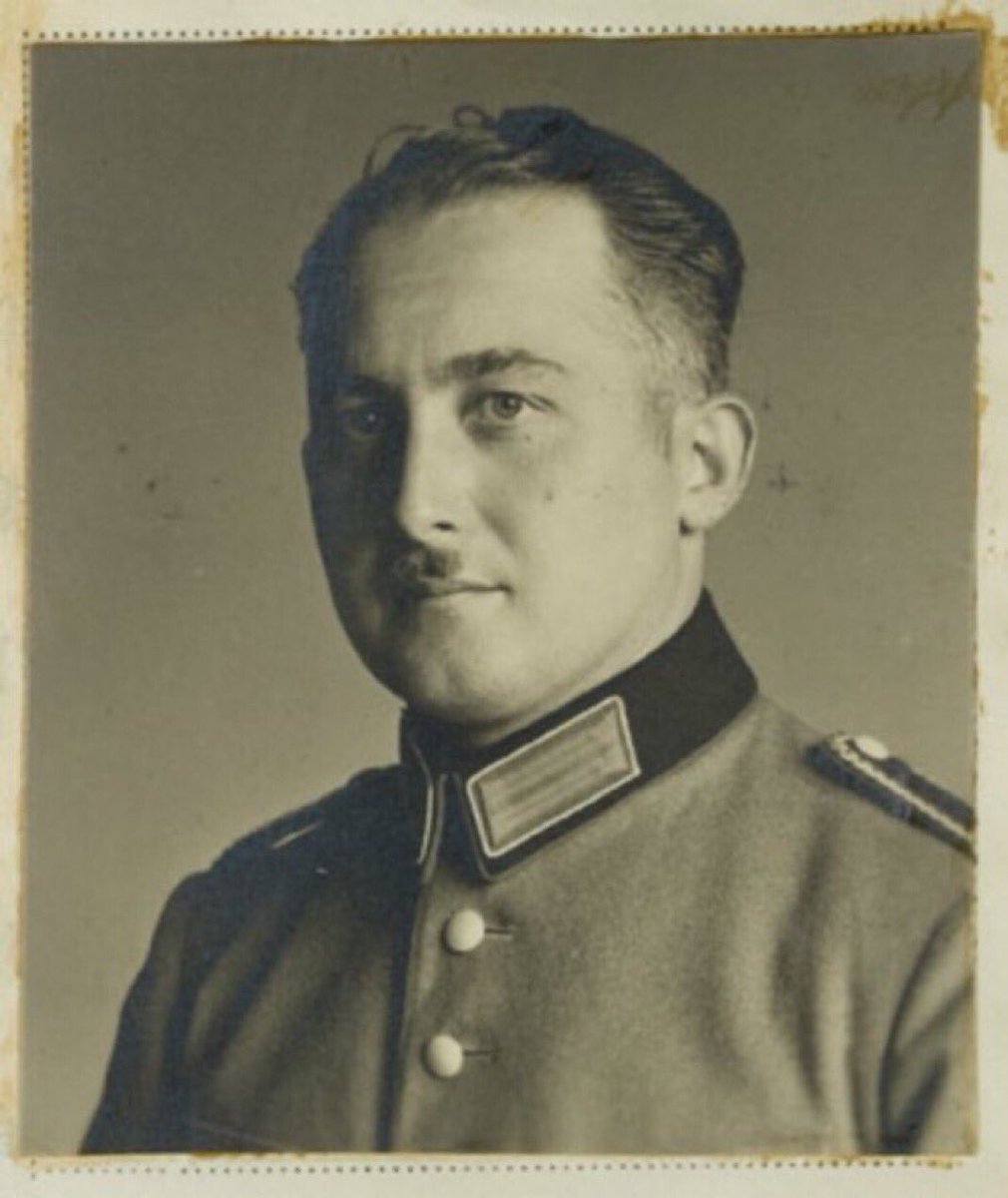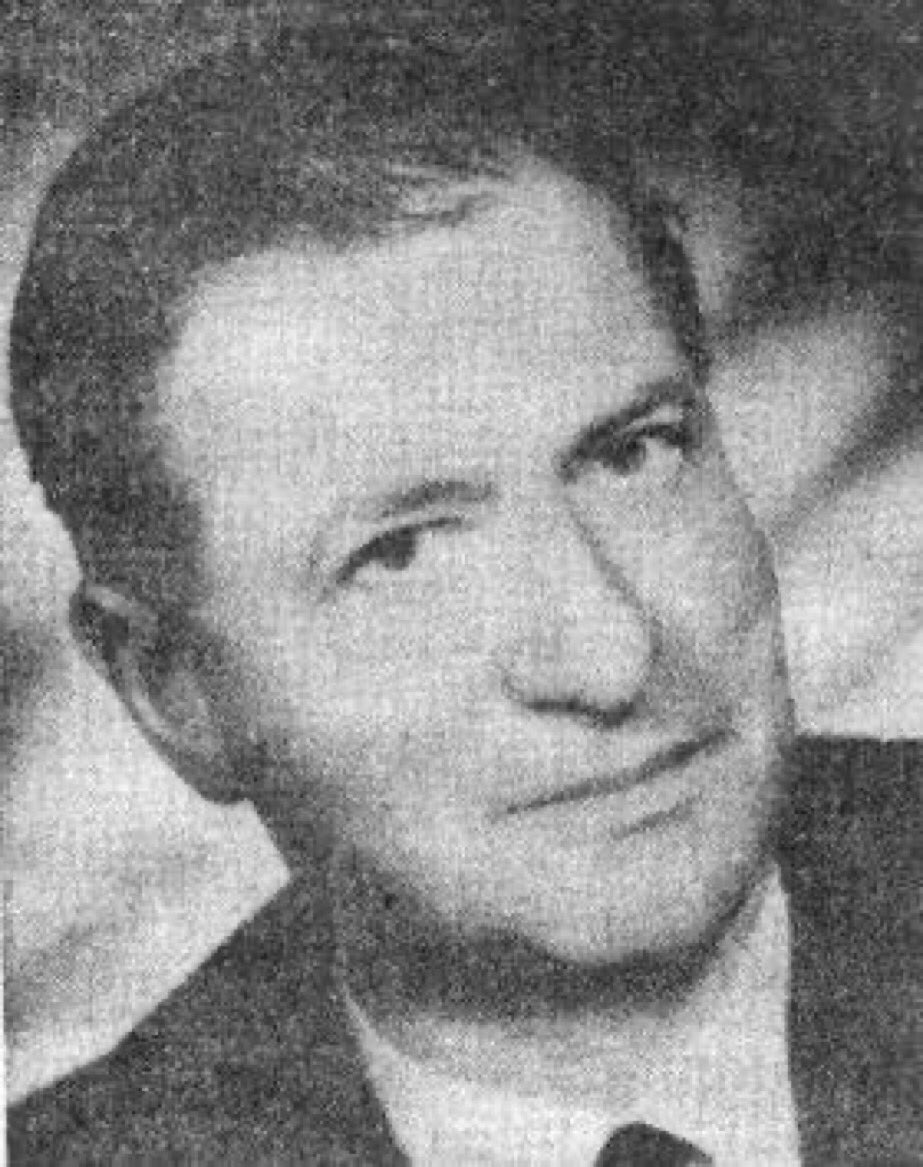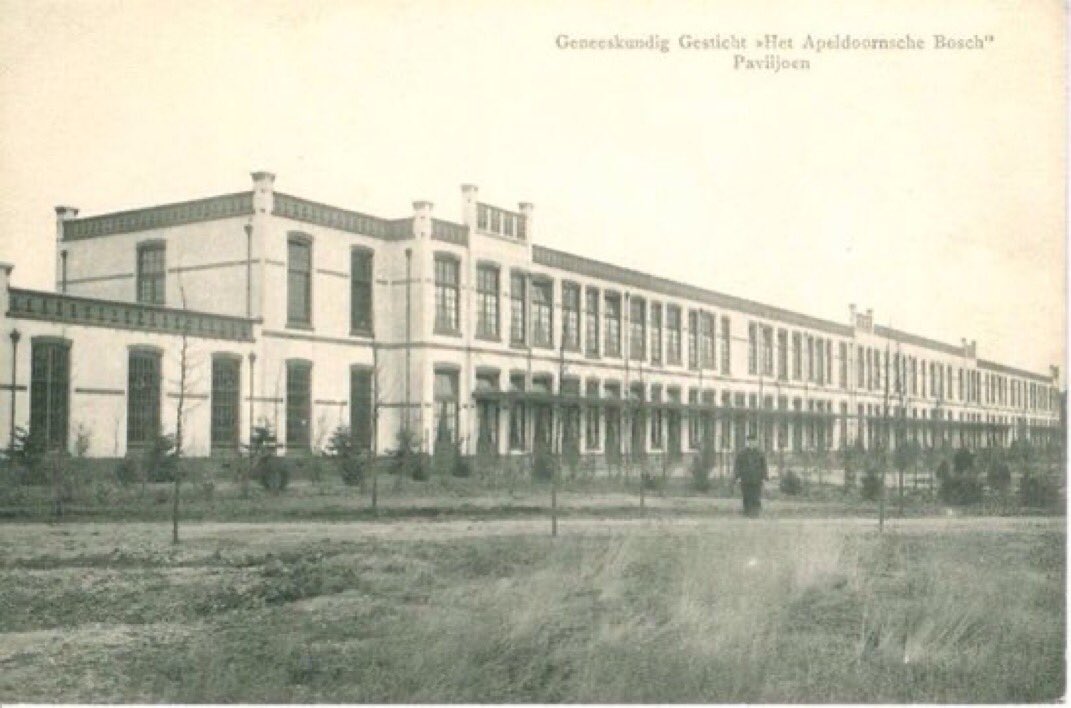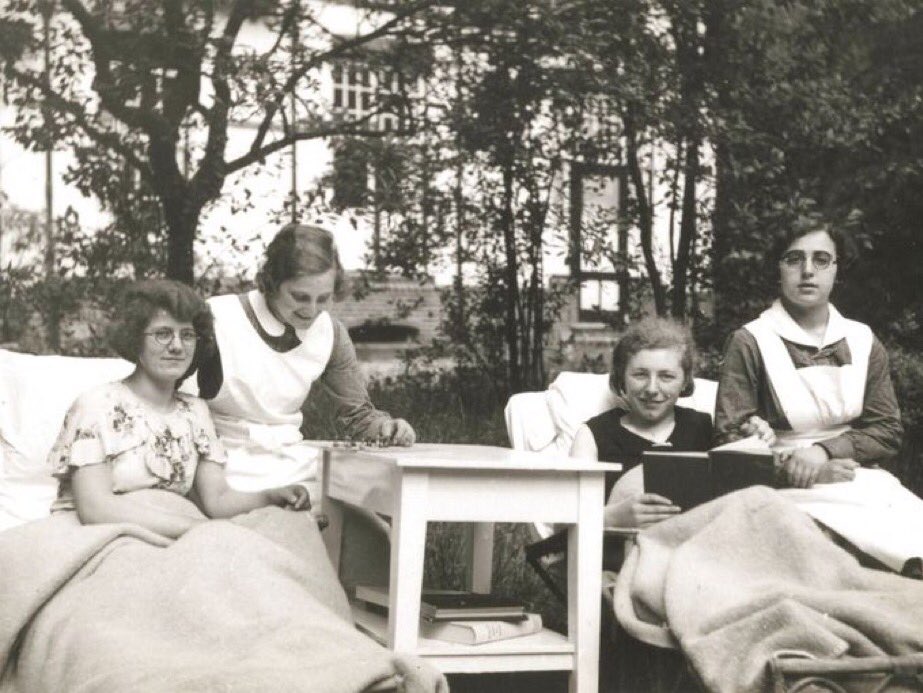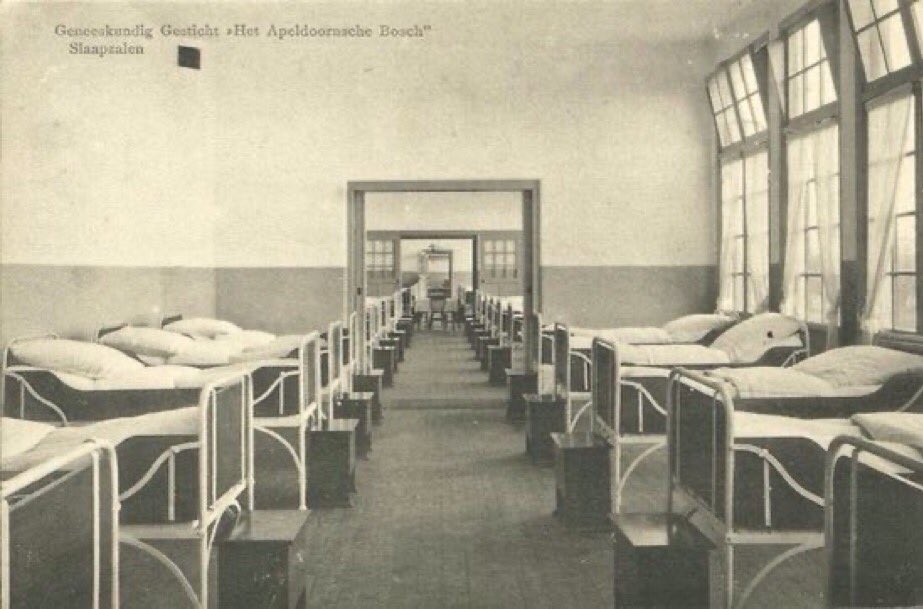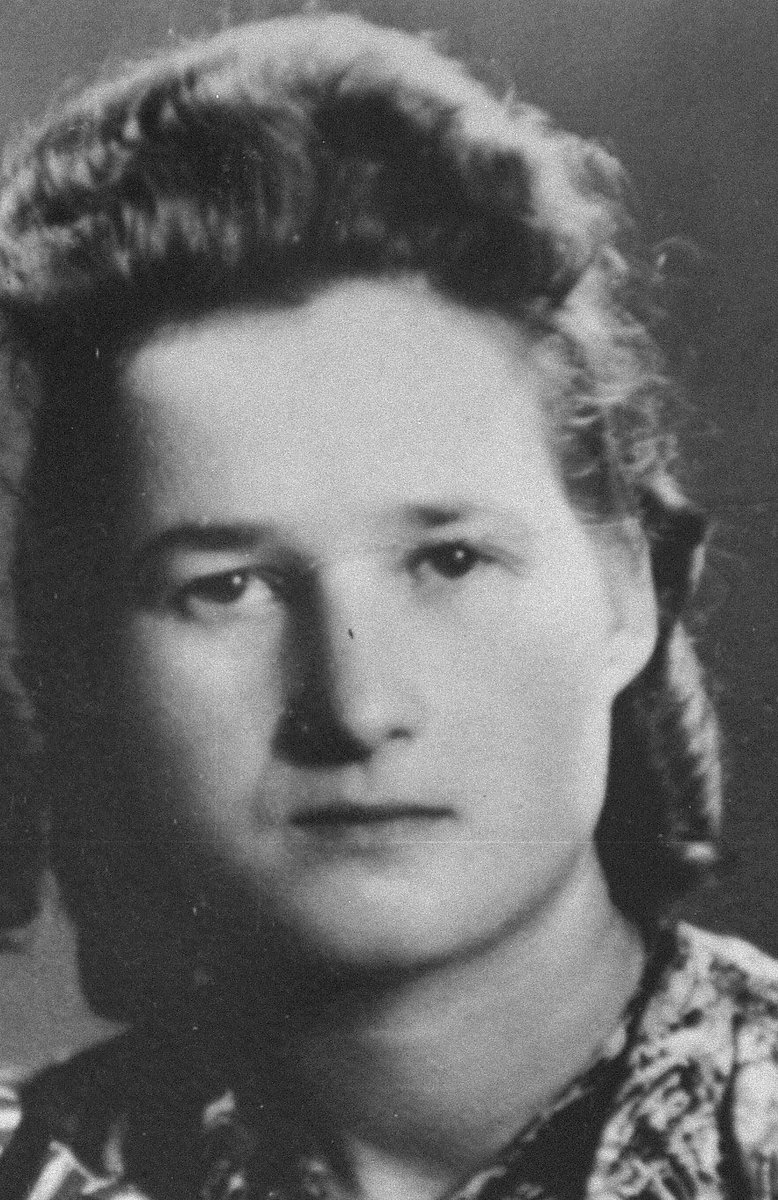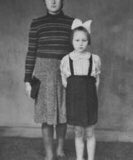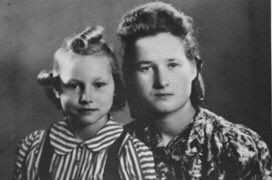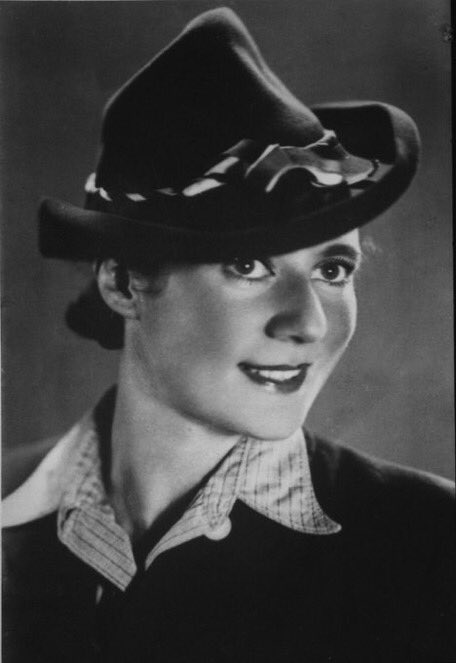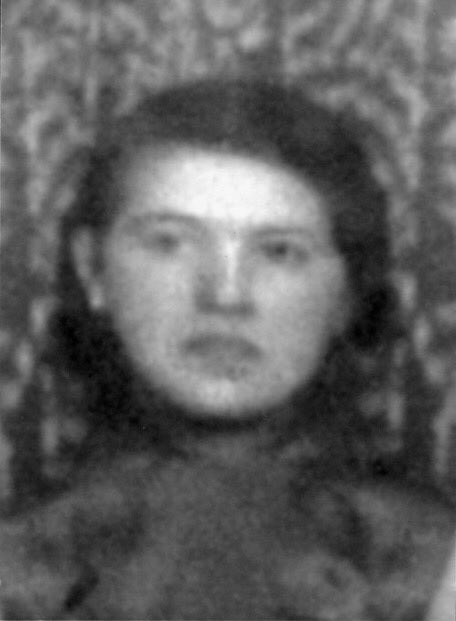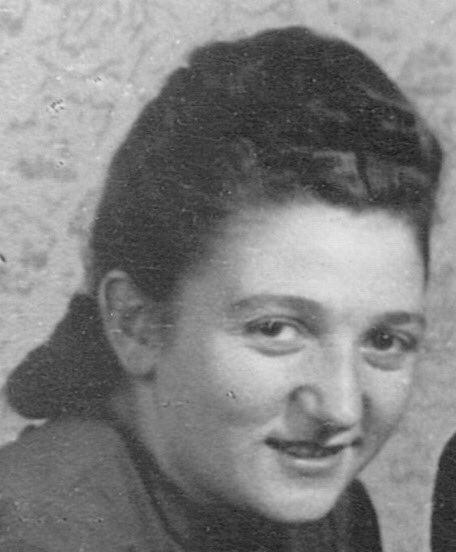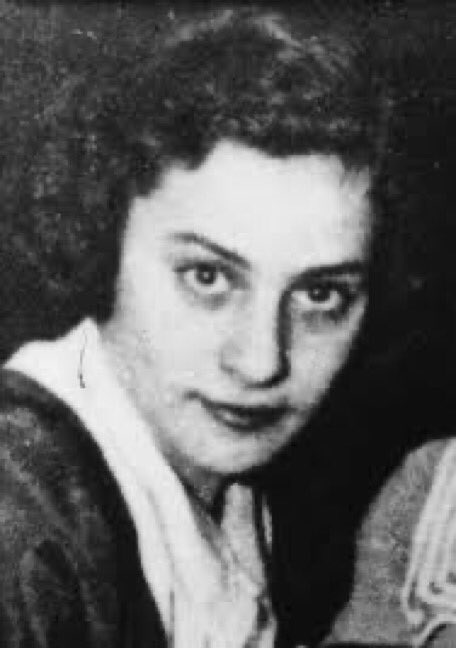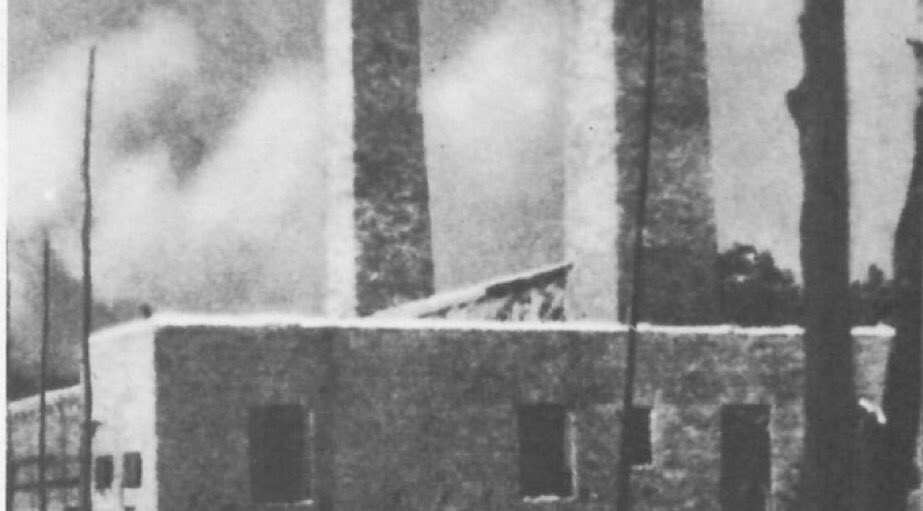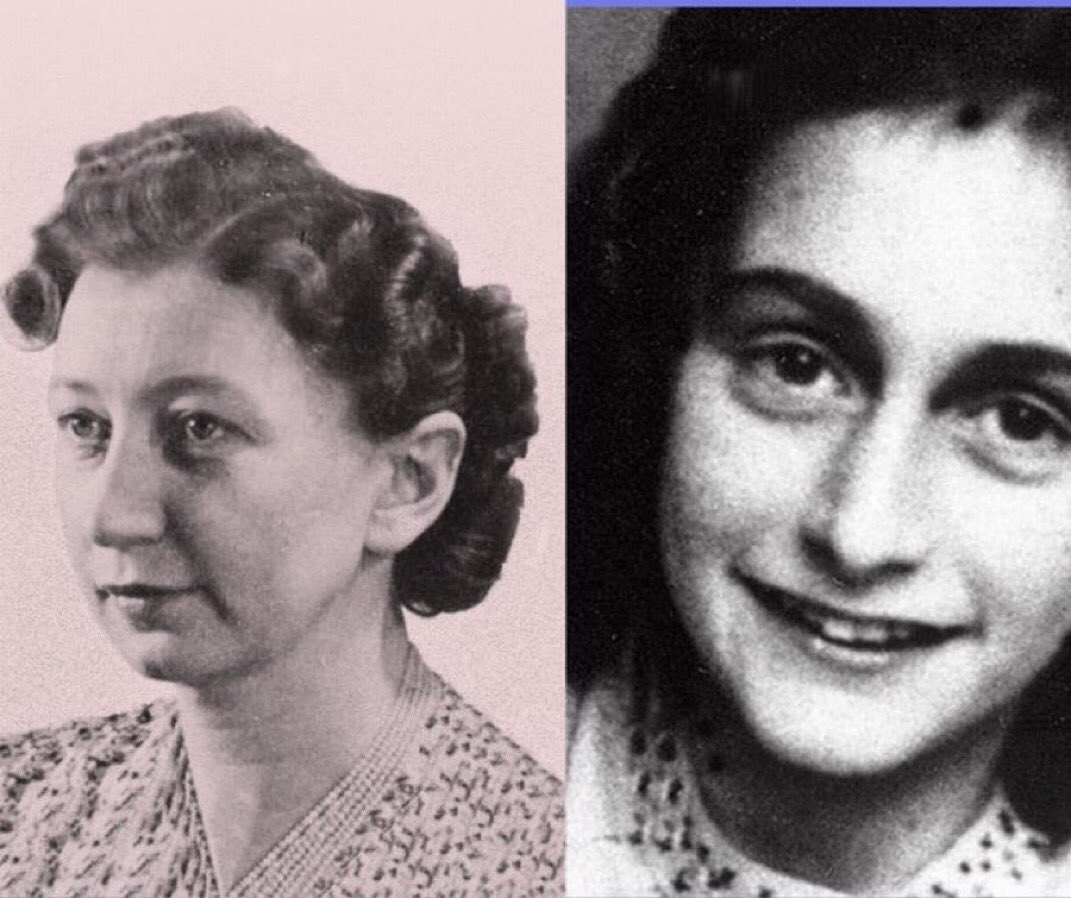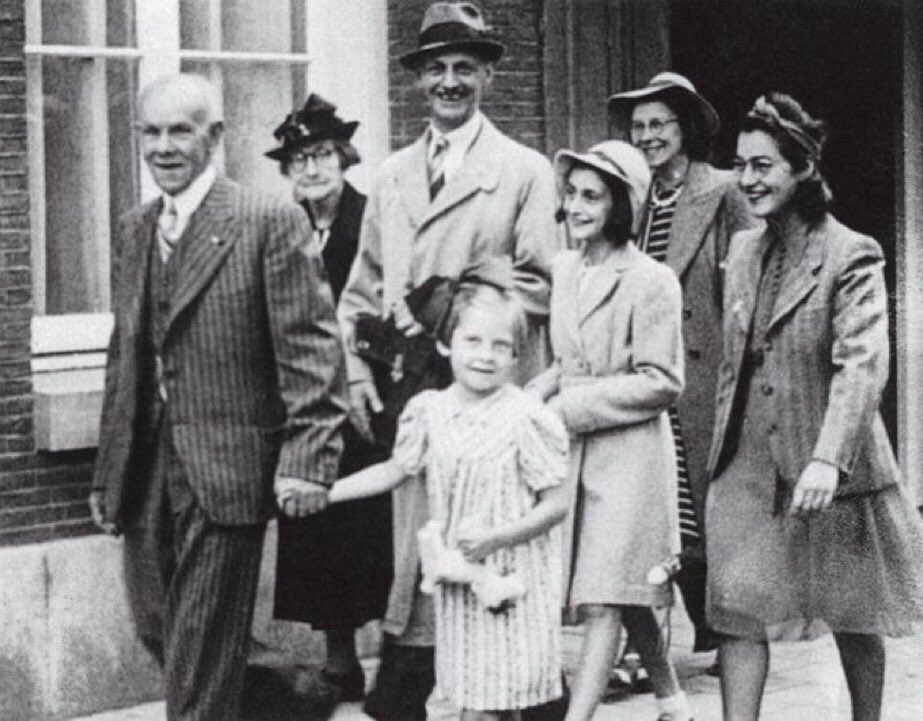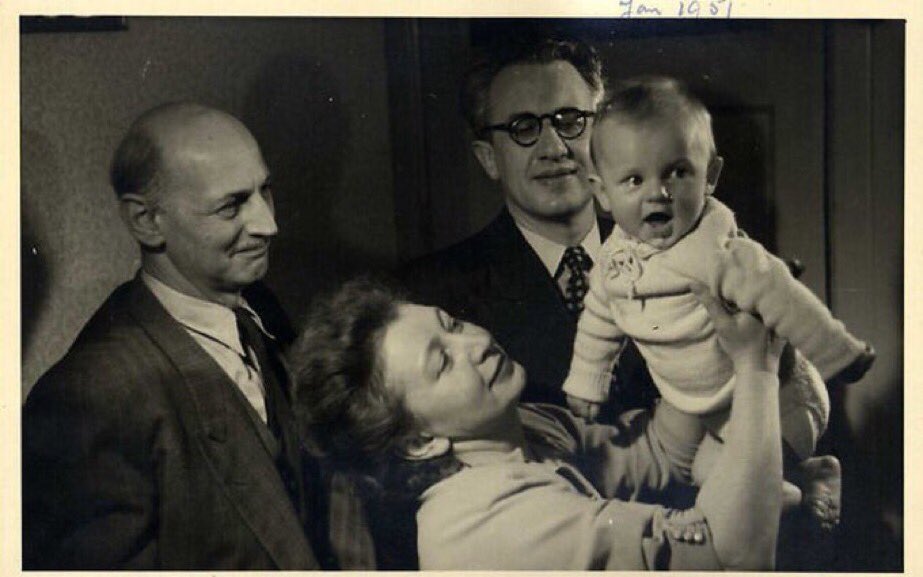Dimitar Peschew, the Bulgarian Schindler
THREAD
Peschew rebelled against the pro-Nazi cabinet and prevented the deportation of 48,000 Bulgarian Jews.
The Bulgarian government signed an agreement declaring that, on March 10, 1943, all of Bulgaria's 48,000 Jews would be deported
THREAD
Peschew rebelled against the pro-Nazi cabinet and prevented the deportation of 48,000 Bulgarian Jews.
The Bulgarian government signed an agreement declaring that, on March 10, 1943, all of Bulgaria's 48,000 Jews would be deported

from the Kyustendil train station and sent to death camps in German-occupied Poland. This deportation was organized under the leadership of Theodor Dannecker, SS officer close to Eichmann. Jews in the Bulgarian territories of Thrace and Macedonia would be rounded up and deported
Peshev was a good friend of Bulgaria's Jewish community. However, he had not objected to the institution of the "Law for the Defense of the Nation", an anti-Jewish bill. In the beginning of March 1943, the Jews of Kyustendil were ordered to leave their homes with only a few 

belongings. Understanding the implications of this order, the citizens of Kyustendil appointed a delegation to ask the government to repeal this evacuation order. On March 8, 1943, the delegation marched into Dimitar Peshev's office. One of the delegates, Peshev's Jewish friend, 

Jakob Baruch, informed him of the government's plan to deport the Jews. By the morning of March 9, Peshev had made up his mind to halt the deportations.
Peshev tried several times to see prime minister Bogdan Filov but the refused. Next, he and his close friend and colleague,
Peshev tried several times to see prime minister Bogdan Filov but the refused. Next, he and his close friend and colleague,
Petar Mihalev, went to see Interior Minister Petur Gabrovski insisting that he cancel the deportations. After much persuasion, Gabrovski finally called the governor of Kyustendil and instructed him to stop preparations for the deportations. On March 9, the order was cancelled. 



Peshev's deeds went unrecognized for years. He lived an empty, isolated life. In January 1973, Yad Vashem awarded him as "Righteous Among the Nations," for his role in saving Bulgaria's Jews at considerable risk to himself.
January 25, 2000: Inauguration at the Palace of Europe.
January 25, 2000: Inauguration at the Palace of Europe.

• • •
Missing some Tweet in this thread? You can try to
force a refresh


